The Geoswim programme is an expedition-type project which is aiming to monitor, measure and survey rocky coasts of the Mediterranean Sea. The project officially started in 2012 with the first one-man survey of about 200 km by snorkelling along the NE Adriatic coasts, and is ongoing. Now far, 559.5 km of rocky coasts have been surveyed, over 98 days of survey, and several hundred thousand time-lapse images, continuous videos and outline images have been collected, above and below the waterline around 21 sites in the Mediterranean. Bathymetric data and physical/chemical parameters, such as temperature and electrical conductivity have also been collected during the snorkel surveys. Instruments are hosted on an Instrumental-Supported Raft (ISR). The Geoswim database represents a significant archive that provides 1) images and videos as a baseline for future comparisons, 2) large amount of images to build 3D models of the studied coasts, 3) data for statistics, and 4) a valuable approach of possible discoveries of unknown coastal objects, such as sea caves, etc at unexpected sites, ecological observations, etc.
Collegamento WEBEX:
https://cnronline.webex.com/cnronline/j.php?MTID=mee9ed5ac4049a6b7b8adf0cf915468df
“Partecipando a questo incontro, accetti che lo stesso venga registrato e reso disponibile sul cloud di ISMAR. Dalla registrazione verranno eliminati lista dei partecipanti e chat.”
Ricordiamo a tutti di tenere spento il proprio microfono. Accenderlo solo in caso di intervento.
“By accessing this meeting you acknowledge that it will be recorded and made available on the ISMAR cloud. Chat and participant list will not be recorded.”
We ask everybody to mute their microphone, unless intervening. Please write your questions in the chat.
Il gruppo seminari CNR-ISMAR, Alessandra Conversi (Lerici), Filomena Loreto (Bologna), Gianluigi Liberti (Roma) e Camilla Palmiotto (Bologna).
Download:












